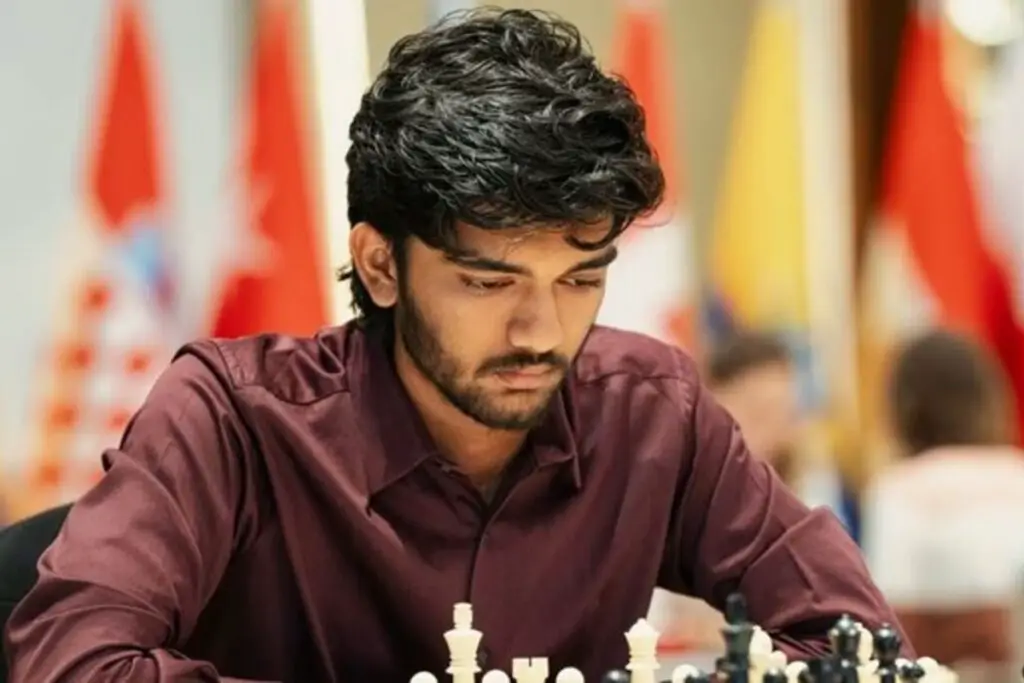Gukesh D, whose full name is Dommaraju Gukesh, was born on May 29, 2006, in Chennai, Tamil Nadu.
He comes from a middle-class family and has a brother named Praggnanandhaa, who is also a chess player.
His father is an ear, nose, and throat surgeon, and his mother is a microbiologist. Gukesh started learning chess at the age of seven in 2013.
Chess Career
Gukesh has been a chess prodigy since the age of 9, when he won the Under-9 section of the Asian School Chess Championships in 2015. He won the World Youth Chess Championships in 2018 in the Under 12 category and five gold medals at the 2018 Asian Youth Chess Championships. In March 2019, he became the second-youngest person in history to qualify for the title of Grandmaster, which FIDE awarded him. As of August 2023, he is the second-youngest grandmaster in the world and India’s youngest grandmaster.
Achievements
Gukesh has numerous achievements in his chess career, including:
- Winning the Asian School Chess Championships in 2015
- Winning the World Youth Chess Championships in 2018 in the Under 12 category
- Winning five gold medals at the 2018 Asian Youth Chess Championships
- Becoming the second-youngest person in history to qualify for the title of Grandmaster
- Reaching the semifinals at the 2019 Chess World Cup, where he lost to Magnus Carlsen
Playing Style
Gukesh D’s playing style is characterized by a deep understanding of positional chess and an ability to calculate complex variations accurately.
He has a versatile and balanced style of play, with a solid foundation in positional chess and a good understanding of strategic concepts. Gukesh is known for his ability to find strong moves in quiet positions and exploit small advantages over time.
When playing with the white pieces, Gukesh prefers to start games with a Reti Opening as well as a Reti, King’s Indian attack. On the other hand, when playing with the black pieces, he chooses openings such as the Sicilian, Nimzovich-Rossolimo attack, Sicilian Defence, Reti opening, and Caro-Kann defense in a total of 36 games.
In his best games, Gukesh combines classic positional build-ups with sharp tactics, showcasing his ability to adapt his style to different game situations.
His well-prepared and versatile approach to openings, combined with his deep understanding of positional chess, has contributed to his success as a chess prodigy and a grandmaster.


